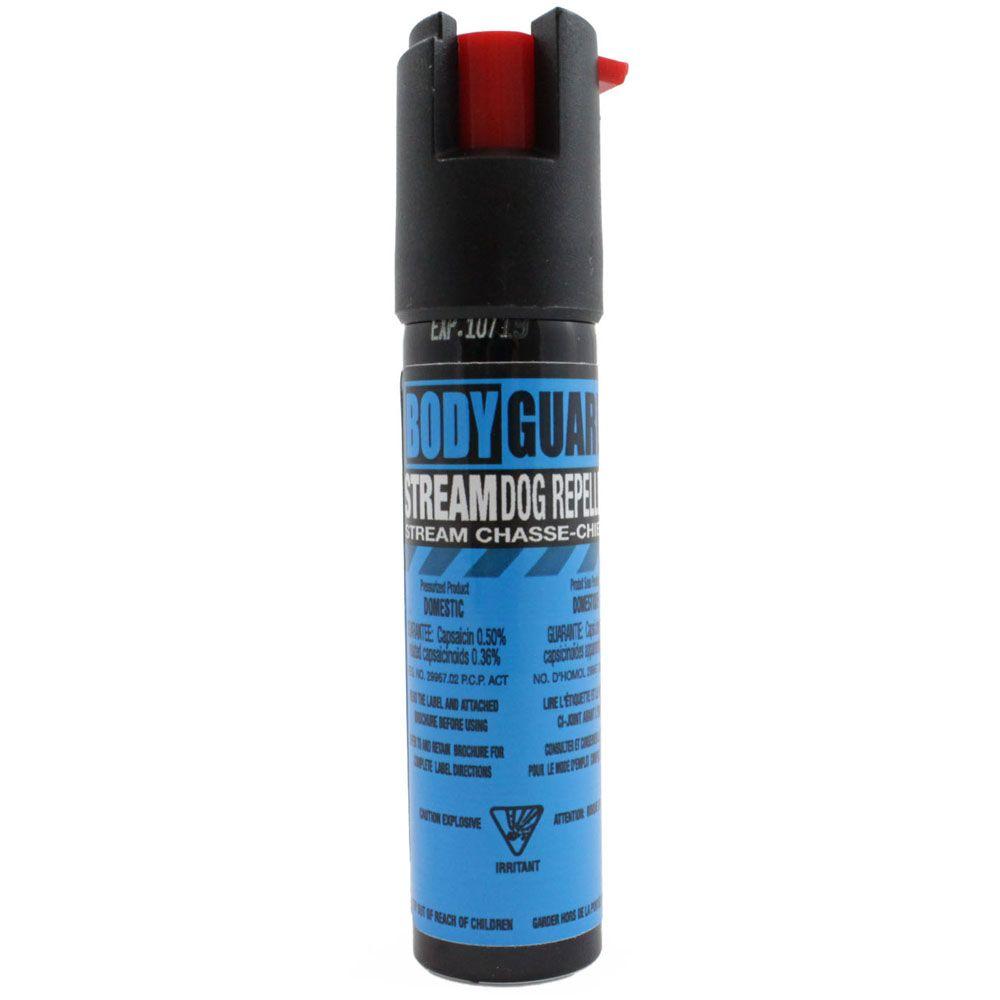Table of Contents
- Understanding Canadian Laws Regarding Pepper Spray Ownership and Use
- Legal Consequences of Possessing Pepper Spray in Canada
- Alternative Self-Defense Options Compliant with Canadian Regulations
- Practical Advice for Personal Safety Within Legal Boundaries in Canada
- Key Takeaways
Understanding Canadian Laws Regarding Pepper Spray Ownership and Use
In Canada, the legal landscape surrounding pepper spray is quite specific and may come as a surprise to many. Unlike some other countries where pepper spray is widely available for self-defense, Canadian law strictly regulates its ownership and use. Pepper spray designed for use against people is classified as a prohibited weapon under the Criminal Code of Canada. This means that possessing pepper spray intended for personal defense against humans can lead to serious legal consequences, including fines and potential criminal charges. However, sprays labeled for use against animals, such as bear spray, are legally permitted, provided they are used within their designated purpose.
It’s important to distinguish between the different categories of spray products on the market. Here are some key points to consider:
- Pepper spray for human use: Illegal to carry or use, considered a prohibited weapon.
- Bear spray and other animal deterrents: Legal if used strictly for protection against wildlife encounters.
- Consequences of unauthorized possession: Can include confiscation, criminal charges, and restrictions on firearm licenses.
- Usage context: Even if legally possessed bear spray is used against a person, legal repercussions may follow.
Legal Consequences of Possessing Pepper Spray in Canada
In Canada, possession of pepper spray designed for use against humans is considered illegal under the Criminal Code. The law classifies such devices as prohibited weapons, which means that carrying or using pepper spray can lead to serious legal repercussions. If caught with pepper spray, you could face charges including possession of a prohibited weapon, which carries potential penalties such as hefty fines, a criminal record, or even imprisonment depending on the circumstances.
Some important points to keep in mind:
- Self-defense exceptions: Canadian law does not provide explicit exemptions for self-defense use of pepper spray, unlike other countries.
- Animal deterrent sprays: Sprays marketed for animal control (e.g., bear spray) are legal and available, but their misuse against people is illegal and can still carry penalties.
- Confiscation and arrest: Police have the authority to confiscate pepper spray and arrest individuals found carrying it illegally.
Alternative Self-Defense Options Compliant with Canadian Regulations
For those seeking effective personal protection tools within the bounds of Canadian law, several alternatives to pepper spray offer viable solutions. Items such as personal alarms, tactical flashlights, and self-defense keychains can serve as practical deterrents. These devices not only comply with the legal framework but also provide non-lethal means for individuals to enhance their personal security. Moreover, training in situational awareness and basic self-defense techniques remains one of the most reliable strategies for staying safe in everyday environments.
Consider these legal self-defense options:
- Personal alarms: High-decibel sound devices designed to attract attention and deter attackers.
- Tactical flashlights: Equipped with a bright beam to disorient threats temporarily.
- Self-defense keychains: Compact tools such as kubotans or cat ears that can be used for striking without being classified as weapons.
- Training: Enrolling in self-defense courses enhances confidence and ability without carrying any physical devices.
Practical Advice for Personal Safety Within Legal Boundaries in Canada
When it comes to choosing tools for self-defense, it’s essential to opt for options that comply with Canadian laws to avoid legal trouble. Instead of prohibited items like pepper spray, consider alternatives such as personal safety alarms or tactical flashlights. These devices are not only legal but also effective in drawing attention or temporarily disorienting a potential threat. Additionally, developing strong situational awareness and practicing verbal de-escalation techniques can be invaluable in preventing dangerous encounters before they escalate.
Here are some practical tips to enhance your personal safety within the legal framework:
- Carry a loud whistle or personal alarm to signal for help if needed.
- Enroll in self-defense classes that teach physical techniques and confidence-building.
- Use smartphone safety apps with emergency alert features to notify trusted contacts instantly.
- Ensure your routes and routines are varied and well-lit, especially when traveling alone.
- Keep your phone fully charged and accessible at all times during outings.
Key Takeaways
In summary, while pepper spray can be an effective self-defense tool, its legality in Canada is complex and tightly regulated. Knowing the laws surrounding its possession and use is crucial to ensure you’re both safe and compliant. If you’re considering carrying pepper spray, take the time to research local regulations thoroughly and explore legal alternatives for personal safety. Staying informed empowers you to make responsible choices while protecting yourself and respecting the law.Check Our Other Blogs
- StunGun – Your Trusted Source for Stun Guns, Laws, and Self-Defense Tips
- PepperSprayLaws – Your Trusted Resource for Pepper Spray Information
- StunGunLaws – Your Trusted Guide to Stun Gun Legality and Safety




